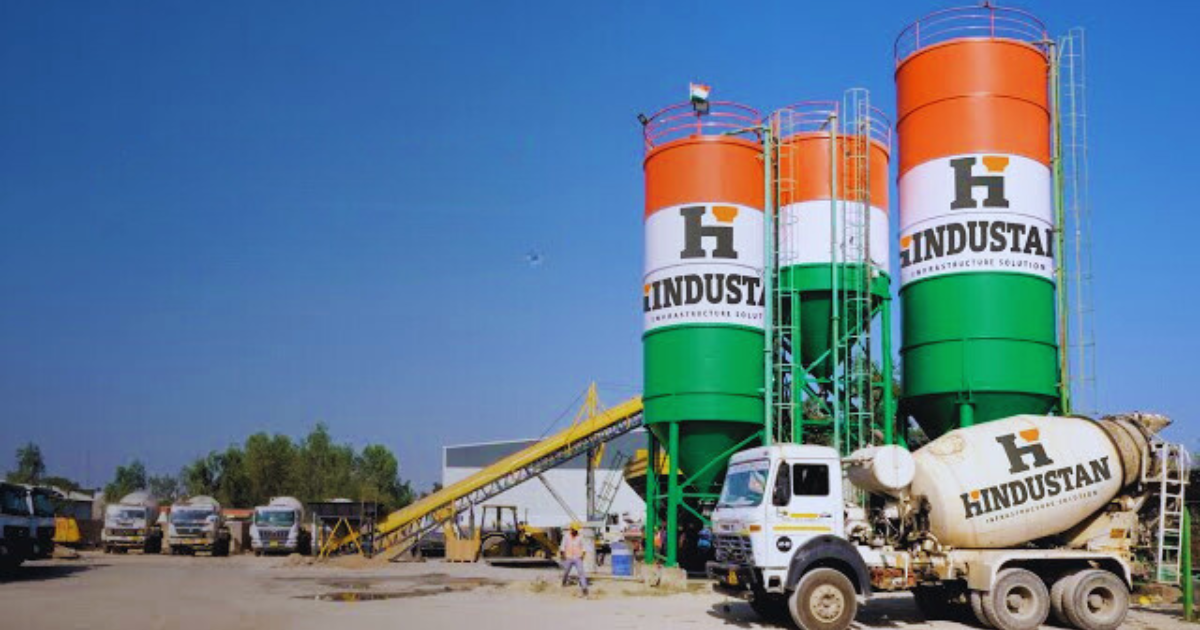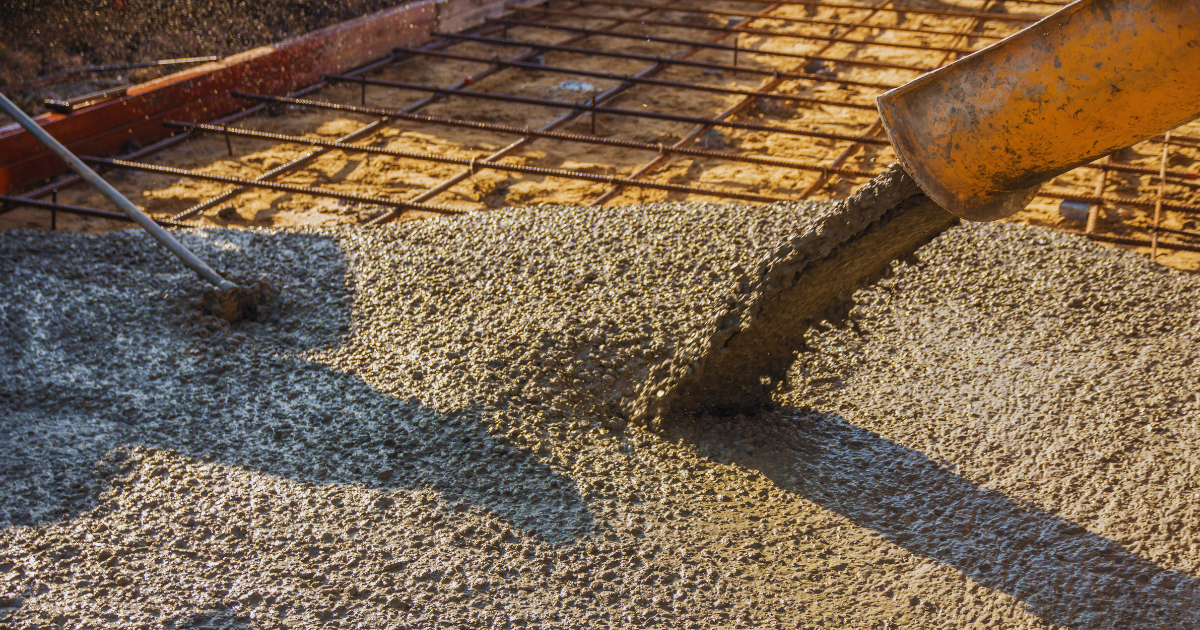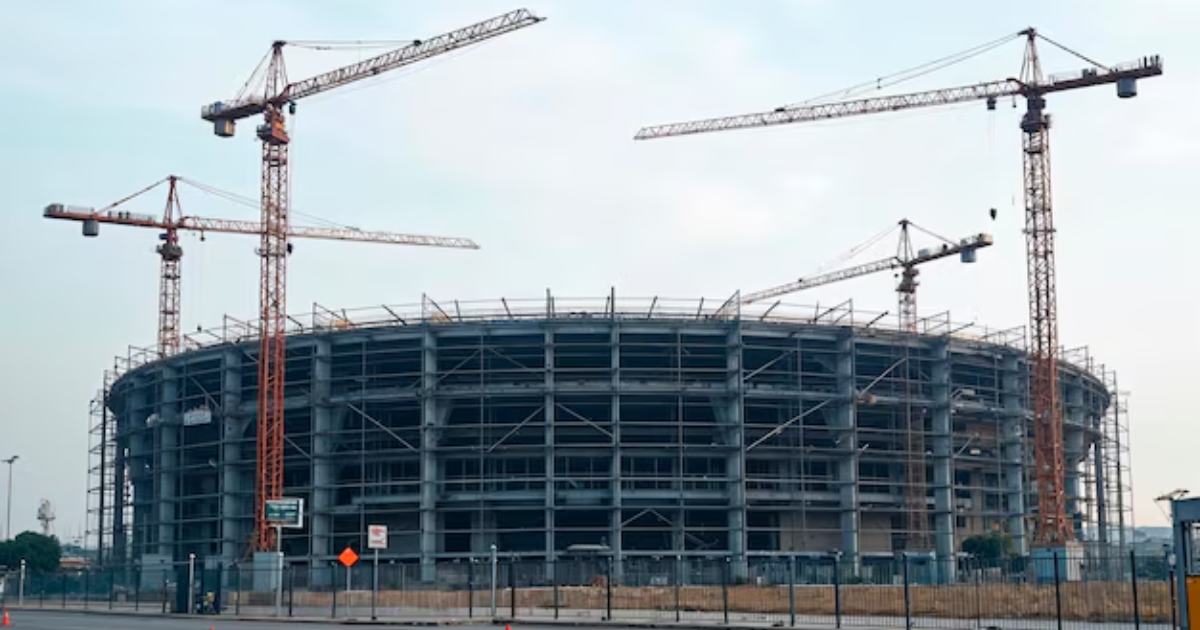In the fast-paced world of construction, where timelines are tight, and quality is paramount, Ready-Mix Concrete (RMC) has emerged as a game-changer. Central to the production of RMC is the RMC Batching Plant, a facility that blends ingredients to create concrete that meets specific project requirements. This blog will provide a comprehensive overview of RMC Batching Plants, highlighting their importance, operations, benefits, and tips for selecting the right plant.
Understanding RMC Batching Plant
An RMC Batching Plant is a facility where various ingredients like cement, aggregates, water, and additives are mixed to produce concrete. This concrete is then transported to the construction site, ready for immediate use. The precision and efficiency offered by RMC Batching Plants make them indispensable in modern construction.
Importance of RMC Batching Plant
- Quality Control: The most significant advantage is the control over the quality of concrete. Automated systems ensure the exact proportion of materials, resulting in consistent and high-quality concrete.
- Time Efficiency: Time is a critical factor in construction. RMC Batching Plants significantly reduce the time required for concrete production and delivery, ensuring that construction projects adhere to tight schedules.
- Cost-Effectiveness: While setting up an RMC Batching Plant requires an initial investment, the long-term cost benefits are substantial. Reduced material wastage, lower labor costs, and faster project completion contribute to overall cost savings.
- Environmental Benefits: RMC Batching Plants are designed to minimize environmental impact. Controlled operations reduce dust and noise pollution, and the efficient use of materials leads to less waste.
Operations of an RMC Batching Plant
The operations of an RMC Batching Plant are methodical and precise. Here’s a breakdown of the typical process:
- Material Storage: Raw materials such as cement, sand, aggregates, and additives are stored in silos or storage bins. The quality of these materials is regularly checked to ensure they meet the required standards.
- Batching: The batching process involves measuring and combining the raw materials in precise proportions. Modern RMC Batching Plants use computerized systems to ensure accurate batching, which is critical for the quality of the concrete.
- Mixing: The mixed materials are then transferred to the mixing drum, where they are thoroughly combined to form the concrete. The mixing time and speed are controlled to achieve the desired consistency and strength.
- Transportation: Once the concrete is mixed, it is loaded into transit mixers and transported to the construction site. The transit mixers keep the concrete agitated, preventing it from setting during transportation.
- Delivery and Pouring: Upon arrival at the site, the concrete is poured into the required formwork. The RMC Batching Plant ensures that the concrete is delivered within the specified time frame to maintain its quality and workability.
Benefits of Using an RMC Batching Plant
- Consistency and Quality: RMC Batching Plants guarantee the consistency and quality of the concrete. This is crucial for the structural integrity and durability of construction projects.
- Reduced Labor Costs: The automated processes in RMC Batching Plants reduce the need for manual labor, leading to significant cost savings.
- Efficiency: RMC Batching Plants streamline the concrete production process, making it more efficient. This results in faster project completion and adherence to deadlines.
- Environmental Sustainability: By reducing dust and noise pollution and minimizing material wastage, RMC Batching Plants contribute to environmental sustainability.
- Customization: RMC Batching Plants can produce concrete tailored to specific project requirements. This includes variations in strength, workability, and setting time.
Types of RMC Batching Plants
- Dry Batching Plant: In dry batching plants, the raw materials are mixed without water and transported to the site where water is added and mixing is completed. These plants are suitable for projects that require precise concrete formulations and on-site adjustments.
- Wet Batching Plant: Wet batching plants mix all ingredients, including water, at the plant. The resulting concrete is then transported to the site in ready-to-use form. Wet batching plants are ideal for projects that require high-quality, consistent concrete.
- Mobile Batching Plant: Mobile batching plants are designed for flexibility and can be easily transported to different sites. They are particularly useful for projects in remote or hard-to-reach locations.
Choosing the Right RMC Batching Plant
Selecting the right RMC Batching Plant is crucial for the success of your construction project. Here are some factors to consider:
- Capacity: The capacity of the Plant should match the requirements of your project. Consider the volume of concrete needed and the timeframe for completion.
- Technology: Modern Plants are equipped with advanced technology that ensures precision and efficiency. Look for plants with computerized batching systems, automated controls, and real-time monitoring.
- Reputation: Choose an RMC Batching Plant with a solid reputation in the industry. Look for plants with a track record of delivering high-quality concrete and reliable service.
- Location: The location can impact transportation costs and delivery times. Choose a plant that is conveniently located near your construction site.
- Certifications: Ensure that it adheres to industry standards and holds relevant certifications such as ISO and RMCMA QCI. These certifications indicate compliance with best practices and quality assurance.
RMC Batching Plant in Ahmedabad
Ahmedabad, a city known for its rapid development, is home to several renowned RMC Batching Plants. Here are a few notable ones:
- Hindustan RMC: Hindustan RMC is known for its high-quality concrete and innovative solutions. They offer a range of products, including ice concrete, colour concrete, and 24×7 mobile testing vans. Their SMS updates and GPS tracking systems ensure transparency and efficiency.
- Ultratech RMC: A leading name in the industry, Ultratech RMC has a strong presence in Ahmedabad. They are known for their reliable products, advanced technology, and commitment to sustainability.
- ACC Ready Mix Concrete: ACC is another trusted name in the RMC industry. Their plants in Ahmedabad are equipped with state-of-the-art machinery and adhere to stringent quality standards.
- RMC Readymix (India): Part of the Prism Johnson Group, RMC Readymix (India) offers high-quality concrete products and excellent customer service. Their plants in Ahmedabad are known for their efficiency and reliability.
Conclusion
The RMC Batching Plant has revolutionized the construction industry, providing a reliable, efficient, and cost-effective solution for concrete production. In a city like Ahmedabad, where construction projects are continually on the rise, the importance of high-quality concrete cannot be overstated.
From ensuring consistency and quality to reducing labor costs and environmental impact, it offer numerous benefits. By understanding their operations, types, and factors to consider when choosing one, you can make an informed decision that aligns with your project’s needs.
Whether you are working on a high-rise building, a commercial complex, or a residential project, partnering with a reputable RMC Batching Plant in Ahmedabad can significantly enhance the success of your construction endeavors. The precision, efficiency, and quality offered by these plants make them indispensable in modern construction, paving the way for safer, more durable, and aesthetically pleasing structures.







